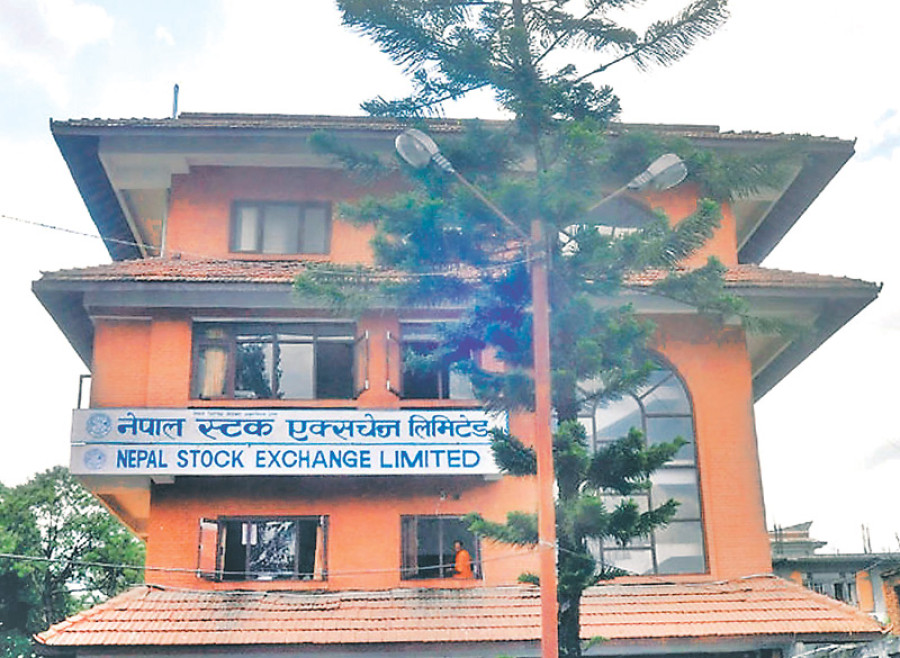Money
Dispute between Sebon, Nepse spreads confusion
A dispute between the Securities Board of Nepal (Sebon) and the Nepal Stock Exchange (Nepse) that has been rapidly coming out into the open has spread confusion among share traders.
A dispute between the Securities Board of Nepal (Sebon) and the Nepal Stock Exchange (Nepse) that has been rapidly coming out into the open has spread confusion among share traders.
The regulator of the capital market Sebon’s recent move to prevent Nepse from allowing stockbrokers to operate remote work stations (RWS) has once again brought their long-running disagreement to the fore.
RWS allows stockbrokers to conduct share trading from outside the Kathmandu Valley. Currently, only nine stockbrokers out of 50 have been conducting transactions from major cities such as Biratnagar, Pokhara, Dharan, Birgunj and Narayanghat.
Nepse had asked for Sebon’s permission to allow 41 stockbrokers who had applied to operate RWS to conduct transactions from outside the Valley.
The hopeful stockbrokers had asked to be allowed to operate from Banepa, Baglung, Besisahar, Birtamod, Butwal, Damak, Hetauda, Itahari, Mahendranagar and Nepalgunj in addition to the five cities where RWS is already available.
Sebon has asked Nepse to stop the process of issuing licences to stockbrokers to operate RWS. It told Nepse to initiate the process only after considering the risk settlement measures that stockbrokers will adopt after expanding beyond the Valley.
Spokesperson for Sebon Niraj Giri said they had merely asked Nepse to make sure about the safety measures before allowing stockbrokers to extend their businesses outside the Valley.
“They could be putting investments at risk as a majority of stockbrokers have a small paid-up capital of around Rs5 million,” said Giri. “Similarly, Nepse is about to issue licences without first setting standards on the connectivity and other related infrastructure that brokers should have to expand their business.”
Giri said that Sebon had taken the decision after holding discussions with stockbrokers, Nepse officials and CDS & Clearing.
According to Nepse, Sebon Chairman Rewat Bahadur Karki was in favour of permitting banks to operate RWS. “Last year too, Sebon had created obstructions against Nepse’s plan to permit new RWS,” said a high Nepse official. “Since brokers will be granted licences to operate under the same modality as they are operating now, it will not raise the risk factor.”
This is not the first time that differences between Sebon and Nepse have surfaced. Nepse had disregarded Sebon’s instruction to open two new clearing banks by mid-April 2016. Apparently in retaliation, Sebon rejected Nepse’s move to appoint software vendor YCO to upgrade its system for fully automated trading. Last week, YCO received the go-ahead from the court.
Arguments between the two bodies have affected the market adversely, said investors. “The secondary market has been on a bearish trend,” said Aatma Ram Ghimire, president of the Nepal Investors’ Forum.
“Besides, it has also slowed the process of improving the country’s only secondary market,” he added.




 14.24°C Kathmandu
14.24°C Kathmandu














